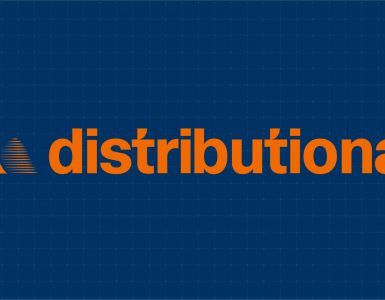Microsoft Azure is a signature cloud service offered for organizations to host any type of service. Launched in 2010, Azure is one of the fastest-growing private and public cloud computing platforms. It provides infrastructure as a service (IaaS), platform as a service (PaaS), and software as a service (SaaS) that also includes virtual computing, networking, storage, and analytics. With over 200 cloud services and products, Azure’s steady growth rate over time indicates how increasingly businesses are using its infrastructure. You must understand and learn its security requirements as a developer if you use Microsoft Azure products and solutions.
This article lists some security tools for Azure cloud that can be used on-premises and in a cloud environment for optimizing security across multiple applications.
1. Microsoft Defender for Cloud
A free cloud security platform that Microsoft deploys by default for applications on Azure, Defender for Cloud also includes security posture management. However, the default configuration has its limitations, and to better secure applications, you must deploy Defender for Endpoint or multi-cloud capabilities.
Simply put, you should customize Microsoft Defender for your application’s security depending on its configuration and architecture. A hybrid security option also offers protection for on-premise resources and applications stored in the cloud. You can check the complete overview of Microsoft Defender for Cloud and its enhanced security features here.
Another reason to include this security tool in your cloud infrastructure is its compliance with industry compliance standards like ISO 27001 for information security, Payment Card Industry Data Security Standard (PCI DSS), and CIS benchmarks for cybersecurity.
2. Azure Monitor
For your cloud application, you will need powerful reporting and analytics tools. Azure Monitor is an analytics tool that collects and analyzes telemetry data from various environments. You get data from the cloud and on-premises applications and how they perform. This gives you a clear picture of resource utilization, and you can quickly identify any issues. Azure Monitor features many tools that make your applications more secure and detection and diagnosis tools such as Application Insights and Log Analytics for deeper diagnostics of cloud applications. It also works on servers like Nginx, Litespeed, and Apache.
3. Microsoft Sentinel
Microsoft Sentinel is another great security tool to be used on Azure to enhance the security of the infrastructure. It is a complete security information and event management (SIEM) tool that offers Security orchestration, automation, and response (SOAR) solutions.
Microsoft Sentinel is true to its name and provides a single pane glass view of your entire estate. It has artificial intelligence to detect, investigate, and mitigate potential attacks before they can cause any harm. It is a security tool that is extremely useful for large enterprises that host vast amounts of data on cloud servers that require continuous monitoring.
You can deploy Microsoft Sentinel for aggregating data from in-house or cloud applications. It is primarily for enhancing visibility for security monitoring and is often used in combination with Microsoft 365 Defender, Azure AD, and Microsoft Defender for Identity. If you require a security tool that allows you to take control of your entire cloud infrastructure and applications and provide serial data-driven insights, then this is the right choice for you.
4. Azure DDoS Protection service
DDoS or Distributed Denial of Service attacks is the most common type of cyber-attacks affecting cloud services. Microsoft Azure has a defense against such attacks and offers it through its Distributed Denial of Service (DDoS) Protection Basic tool.
Azure DDoS Protection service protects the most common Layer 7 DNS Query Floods and volumetric attacks. The service has already been known to protect Microsoft’s most enterprise and consumer services from frequent large-scale attacks. You do not need any customization to enable this or pay extra costs. Azure DDoS Protection service can be enabled by default without configuration or application changes.
You can switch to DDoS Protection Standard if you need more enhanced protection. It is a continuous monitoring solution that actively scans your infrastructure for suspicious behavior or attack indicators.
Conclusion
With Azure, you get many security tools out of the box as a standard service. All you need to do is to activate the required security tools. We hope this article will help you understand how to implement the most common Azure security tools, what features to offer and how much protection to bring. While most of the Microsoft Azure security tools offer free basic service, you might want to consider your organization’s security goals and compliance requirements to determine whether additional paid-for services are needed.
And if you are an Azure engineer looking for a challenging opportunity to grow in your career, Talent500 is your platform. Sign up here to learn how our engineers work with Fortune 500 companies and fast-growing start-ups.






Add comment